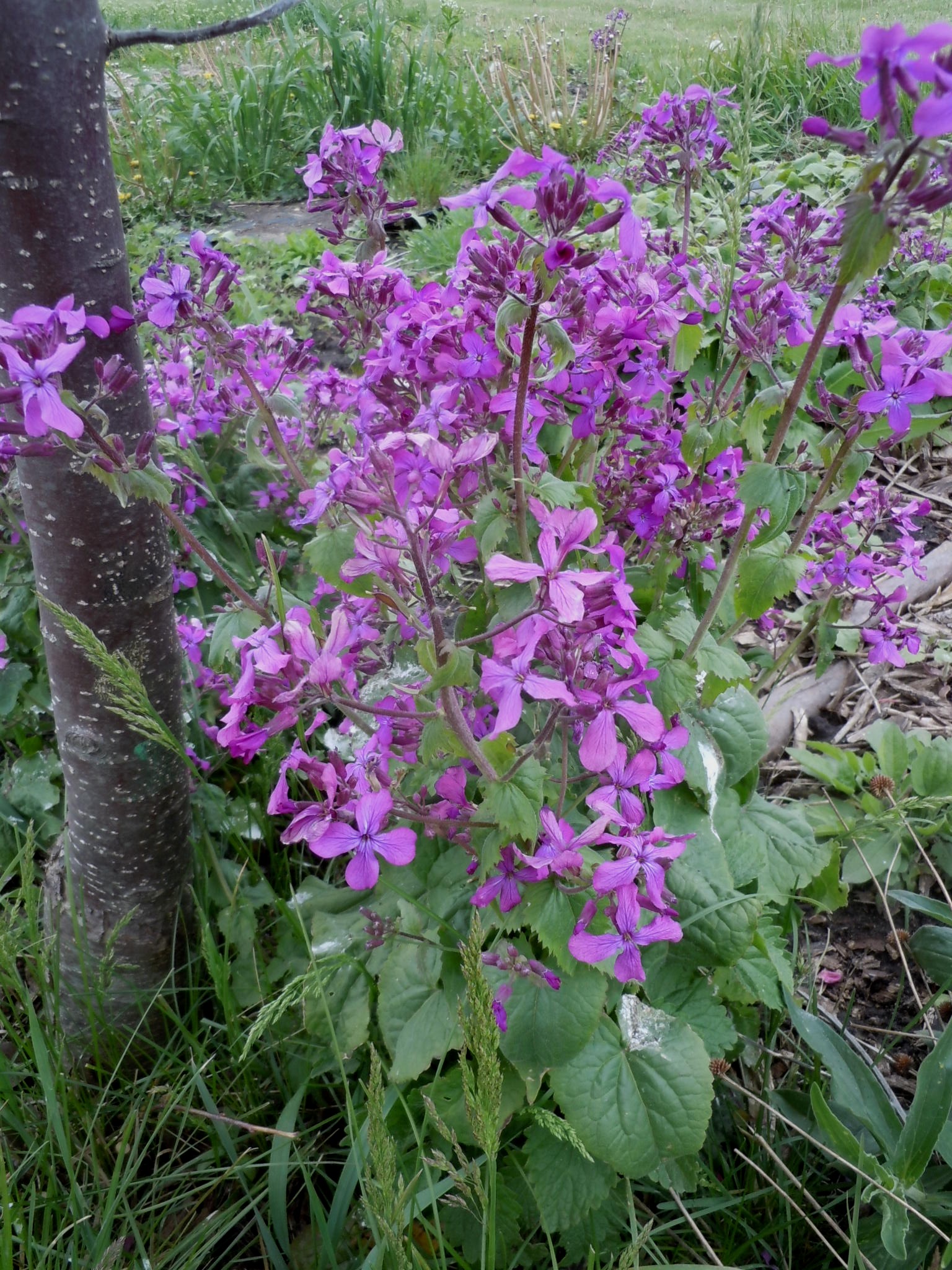
Lunaria annua Money plant, Honesty, Silver dollar Biennial Reseeds Z 510 Heritage Flower Farm
Botanical name: Crassula ovata Family: Stonecrop (Crassulaceae) Type: Succulent Flowering season: Summer Repotting season: Spring Height: 60cm (2ft) Spread: 30cm (1ft) Aspect: Bright light Temperature: 15-24°C (59-75°F) Difficulty: Easy
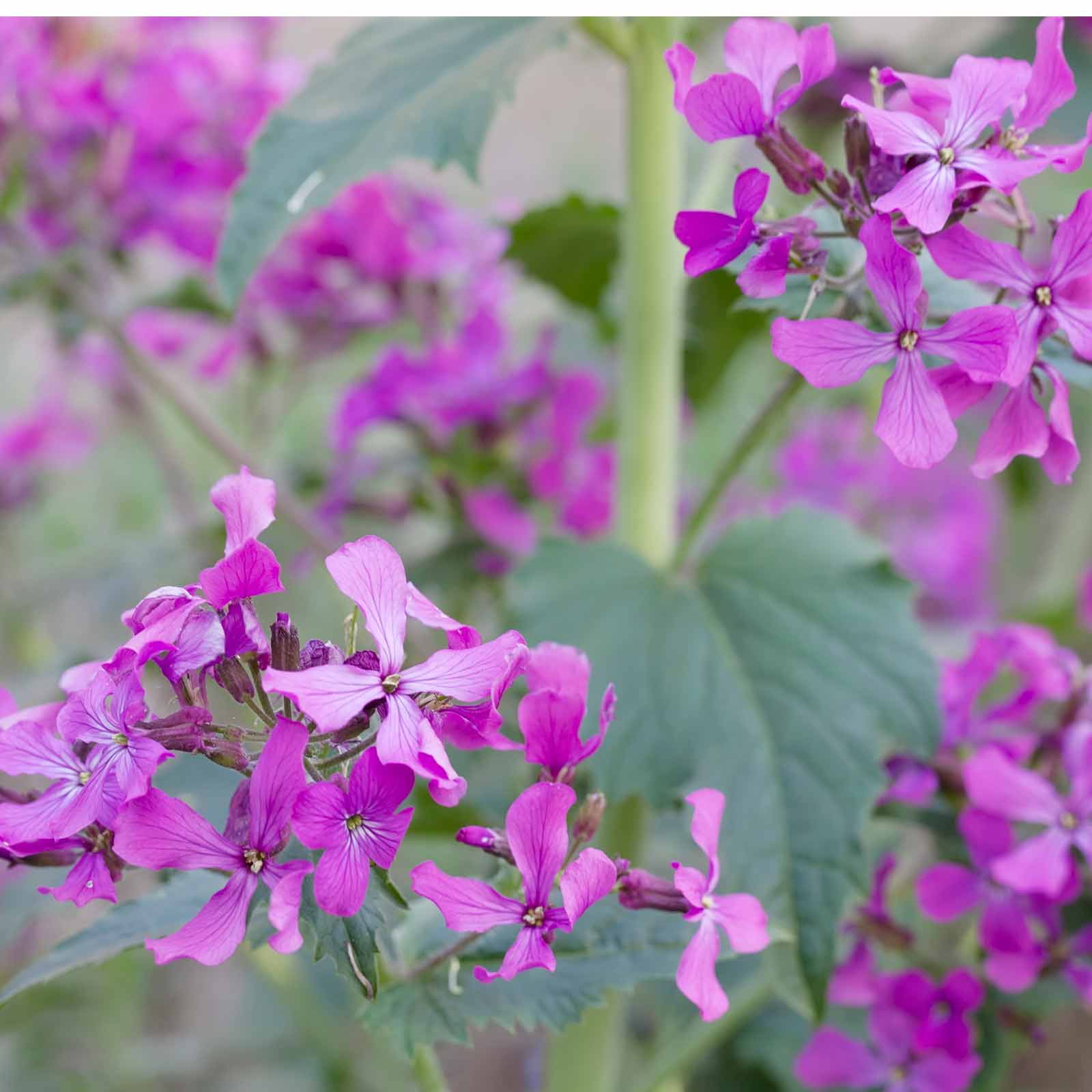
Lunaria Money Plant Flower Garden Seeds 1 Oz Perennial Flower Gardening Seed Lunaria
You can buy this as a 2.36 inch tall mini plant, which will then grow over the years into a small tree. The Money Plant grows to around 19.69 to 39.37 inches tall. Larger examples can also be found in some living rooms. The annual growth rate is very rapid in the early years, but decreases with age. Then the trunk and branches begin to grow.
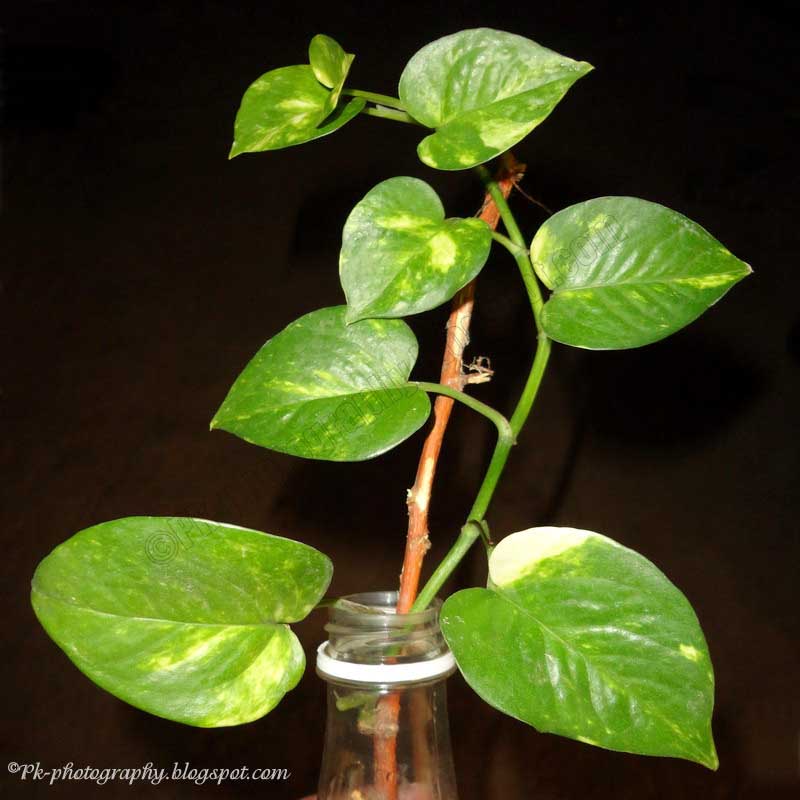
Money plant pictures Nature, Cultural, and Travel Photography Blog
Money plant should be planted in rich, well-drained soil. It is ideal to use a high-quality organic potting mix that is peat-based or coir-based. Add perlite to the soil to improve drainage and make sure the soil doesn't get too wet. This plant prefers a soil pH range between 6.0 and 7.0.

Crassula Ovata Name Money Plant) 150mm Pot Dawsons Garden World
Origin of the Chinese Money Plant. This flowering perennial in the nettle family (Urticaceae) is native to southern China, growing naturally along the base of the Himalayan mountains. The Chinese Money Plant was discovered by western scientists in 1906, but not much transpired scientifically after that. Part of this could be owing to the fact.
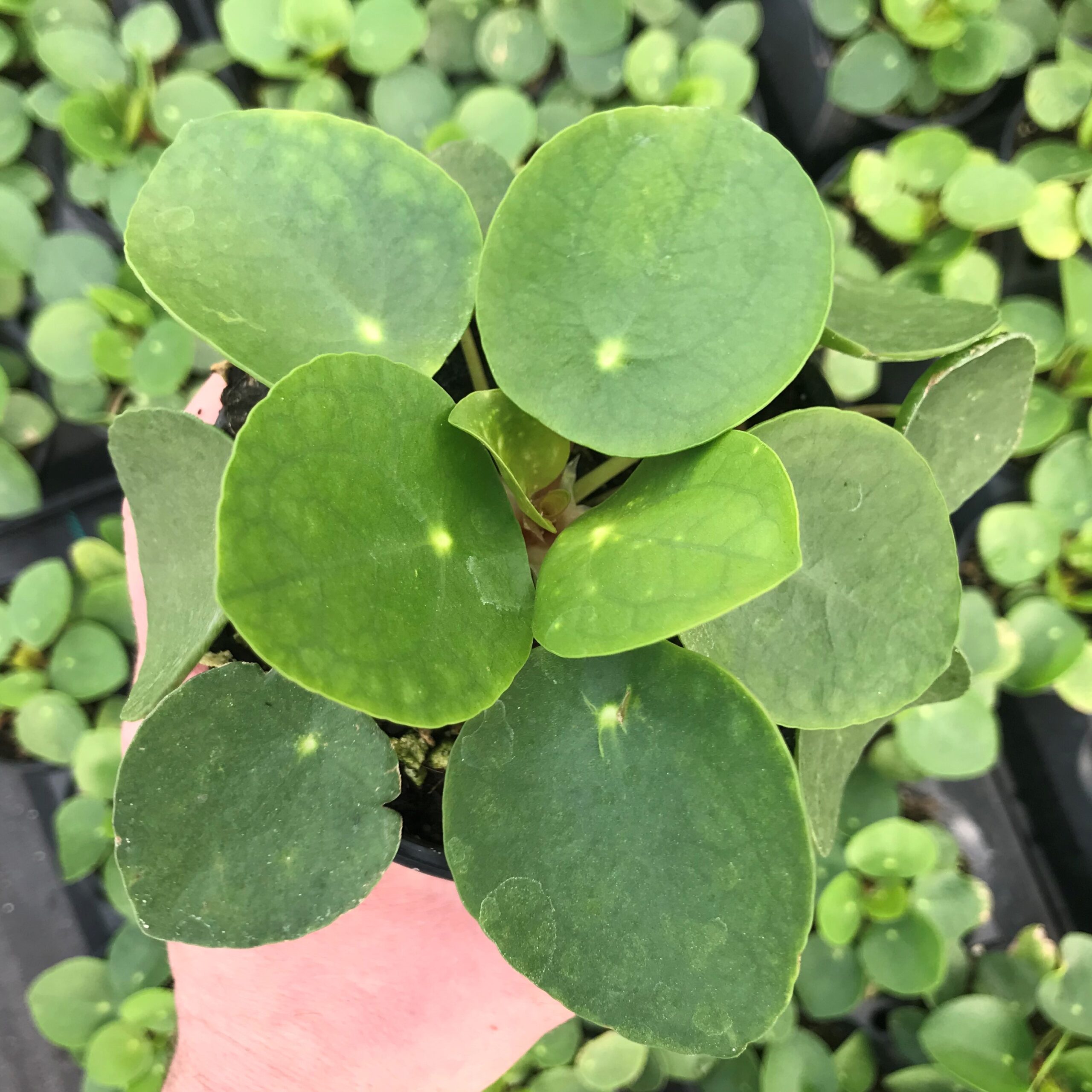
Pilea peperomioides Chinese Money Plant (4.5" Pot) Little Prince To Go
The Spruce / Kortney Gloska Money Tree Care Here are the main care requirements for growing a money tree indoors: Place the plant in a spot where it gets at least six hours of bright to medium indirect sunlight every day. Use well-draining potting mix high in peat moss.
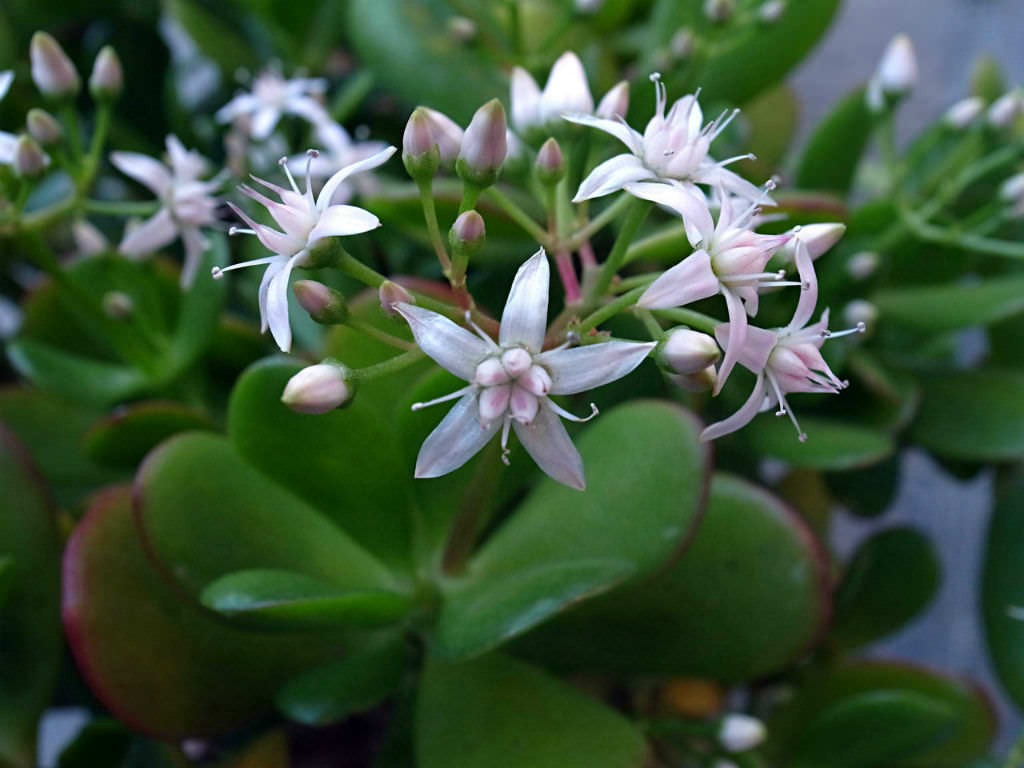
Crassula ovata Jade Plant, Money Tree World of Flowering Plants
Lunaria Plant Growing and Care Guide Common Names: Honesty, Money Plant, Silver Dollars, Bolbonac, Moonwort, Satin flower, Moon plant, Dollar plant, Money-in-both-pockets, Moneywort. Life Cycle: Hardy perennial. Hardy biennial grown as a hardy annual by gardeners. Height: 30 to 40 inches (75 to 100 cm). Native: Europe.
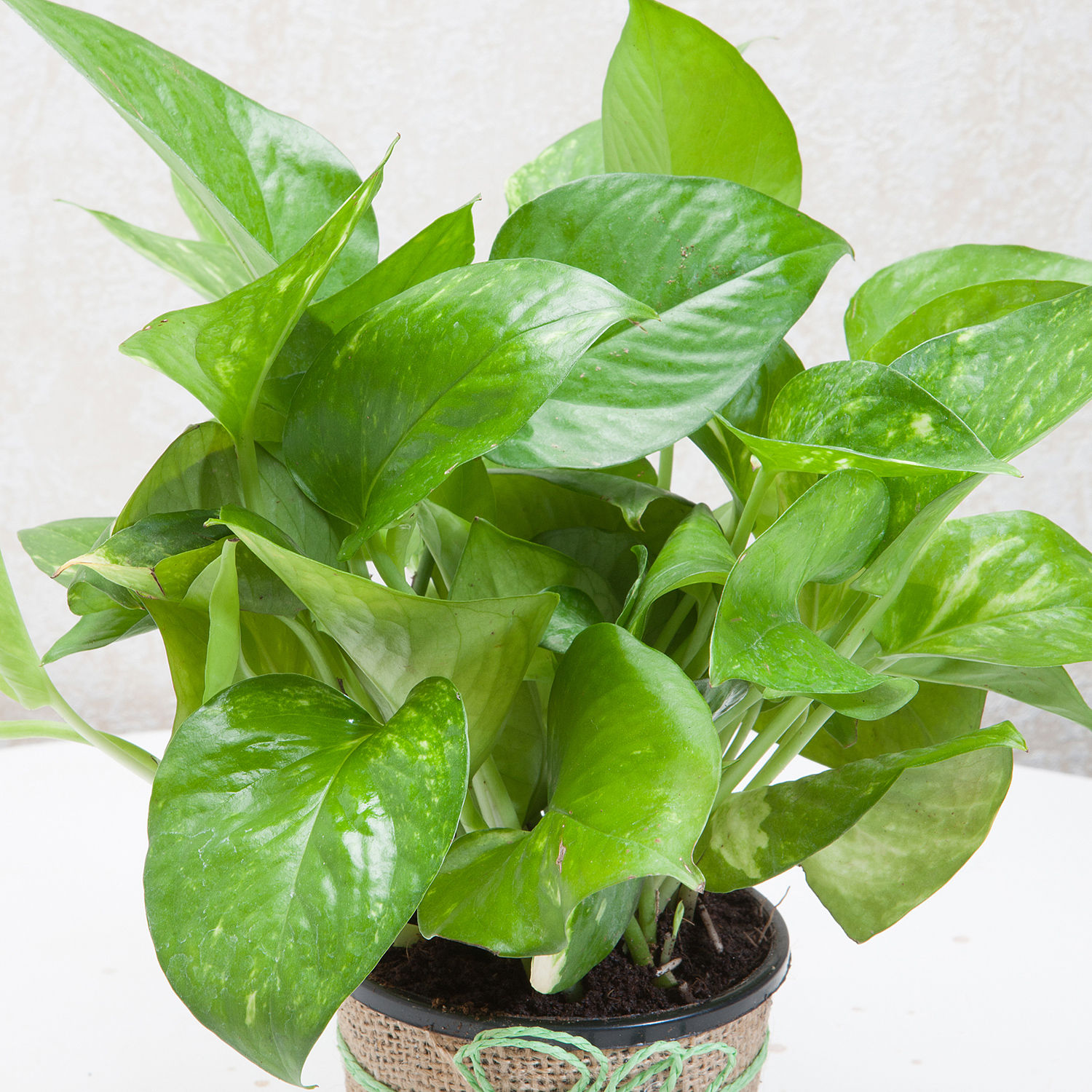
Online Beautiful Classic Money Plant Gift Delivery in Singapore FNP
Money plant ( Lunaria annua ), also known as "Honesty", is an herbaceous biennial in the mustard family (Brassicaceae). It is usually grown for the coin-like, silvery, translucent seed pods that are used in dried flower arrangements. However, the colorful effect of the magenta flowers from a grouping of plants is quite magnificent.

My Crassula Ovata / Money tree flowering Feb 2013 YouTube
Money tree plant is tropical, native to Central and South America. It typically grows in marshy wetlands where there's plenty of moisture and high humidity. Indoors, you'll see the best results if you can mimic those natural growing conditions. Sunlight. In a typical indoor setting, place your money tree plant in a spot with bright, indirect light.

Gardens Inspired Grow Money Plants
1. Golden Pothos Botanical Name: Epipremnum aureum Pothos is a popular specimen when it comes to the term "Money Plant." It goes with this name in many Asian countries, especially in South Asia, where people grow it for bringing good luck and money. Learn everything about growing pothos here 2. Chinese Money Plant
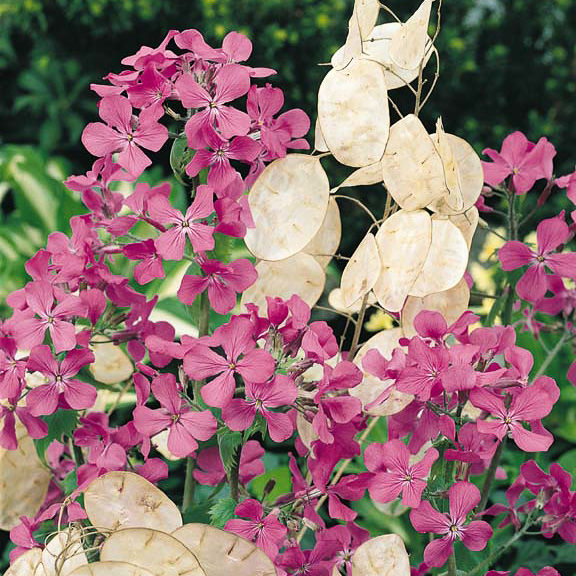
Money Plant Seeds Lunaria Perennial Flower Seeds
Jade money plants usually grow to between 3.2 and 5 ft. (1 - 1.5m) tall. However, some reports indicate that Crassula ovata plants can grow as tall as 16 ft. (5 m) tall. So, cutting and pruning is a must if you want to care for it indoors to have a healthy money shrub. You should also remove any dead leaves from the plant.
My first Chinese money plant 🤩 r/plants
1. Lunaria The Lunaria is an outdoor flowering plant which belongs to the Brassucacea or Mustard family. Their flowers, on the other hand, bear no resemblance to mustard whatsoever. They grow in beautiful pink and purple colors and are usually clustered together.

Crassula ovata Jade Plant, Money Tree World of Flowering Plants
The Chinese Money Plant is one of the most popular indoor houseplants. Their relative ease of care, coupled with their quick growth rates make them a wonderful choice for many indoor gardeners.
:max_bytes(150000):strip_icc()/GettyImages-1129857353-fe5e681882dd4e30aa36895ebbc42378.jpg)
The Feng Shui Money Plant and How to Place One
Typically known as lunaria or silver dollar plants, these iridescent "leaves" are actually the seed pods from the plant known as Lunaria annua. Lunaria plants are classified as biennials so you'll see a basal rosette of leaves during its first year and purple flowers or seedpods emerge the following year.

A Beginner's Guide to Chinese Money Plant Care (Pilea Peperomioides)
Pour a layer of fresh potting soil into the new planter and lightly press it down. Set your plant on top of the fresh mix in the planter, making sure it's centered. Add more potting mix around the plant's roots until your money tree sits securely in its new pot. Water well, allowing the excess to drain out the bottom of the pot.

Money Plant With White Flower Free Stock Photo Public Domain Pictures
Water the Chinese money plant when the top 2.5-5cm of potting mix feels dry. To check, insert your finger into the top of the mix. If it's moist, hold off watering for a while; if it's dry, water well. Liquid feed regularly with an indoor plant fertiliser during the warmer months. Alternatively, use a controlled-release fertiliser in spring.

Does Chinese Money Plant Have Flowers Chinese Money Plant Pilea Peperomioides Veldkamp S
Money plants are house plants that are believed to bring wealth and prosperity to your home. They come in a variety of different shapes and sizes, from the Chinese Money Plant with its round coin-like leaves to the Jade Plant, with its slow but steady growth.